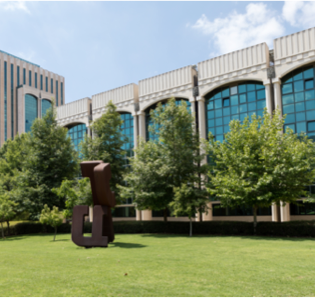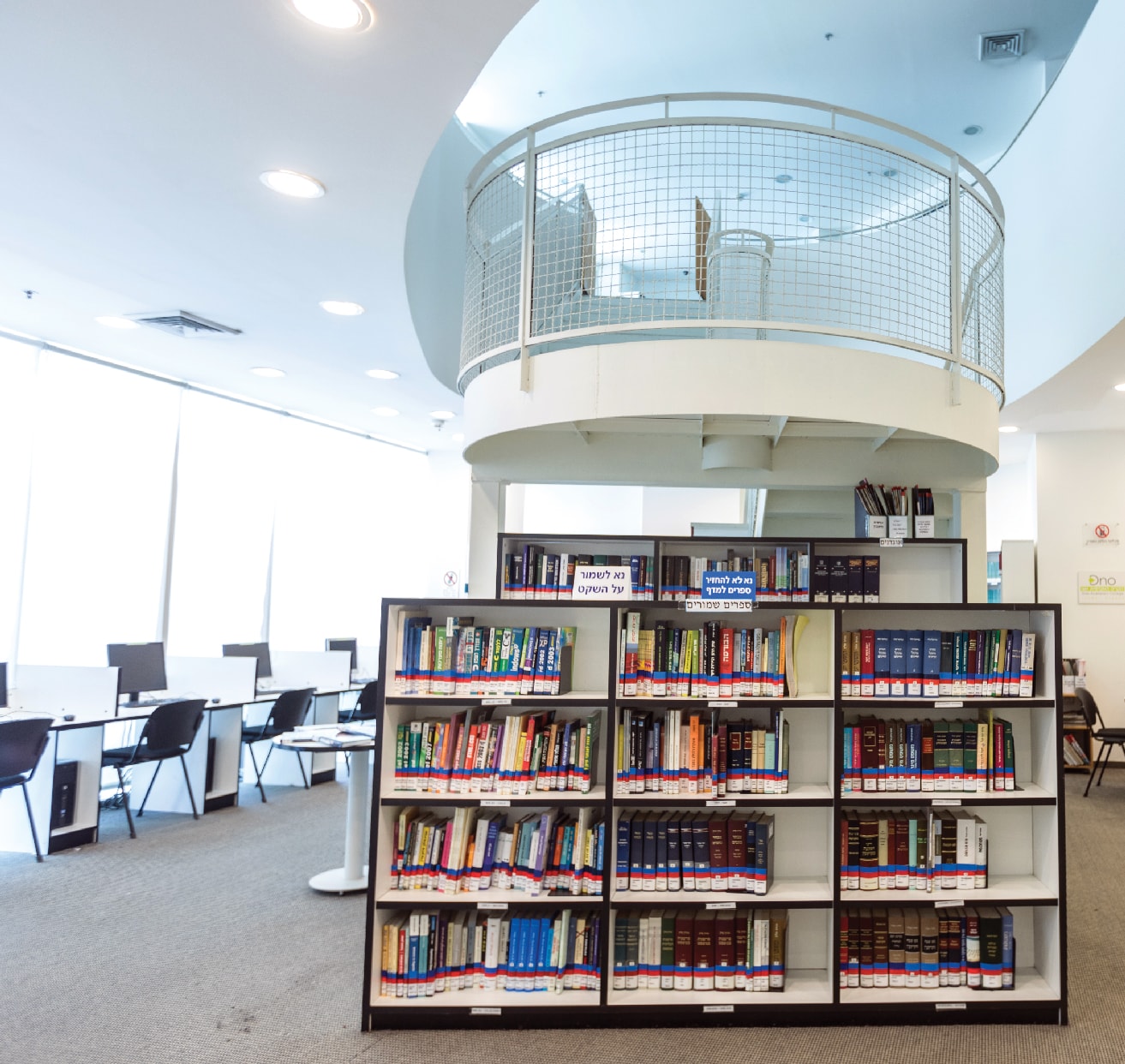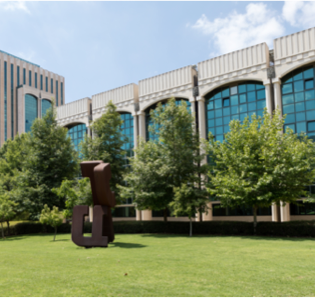Learning from His Father: What Can Rabbi Yitzhak Yosef Learn from Ethiopian Jewry
Summary: Rabbi Dr. Sharon Shalom, founder and director of Ono Academic College’s International Center for the Study of Ethiopian Jewry, recently penned an article in the Israeli daily newspaper “Maariv” addressing the remarks of Rabbi Yitzhak Yosef, the Sephardic Chief Rabbi of Israel. Rabbi Yosef said, “If they force us [ultra Orthodox Yeshiva Students] to join the army, we will all move abroad.” Rabbi Dr. Sharon says that Chief Rabbi Yosef should learn from Ethiopian Jewish immigrants, who decided upon their arrival in Israel to act wisely rather than standing on their rights and thus become an organic part of Israeli society.
In March 1973, contrary to the opinion of the majority of Israeli rabbis, Rabbi Ovadia Yosef, who served then as Israel’s Sephardic Chief Rabbi and who is the father of the current Sephardic Chief Rabbi Yitzhak Yosef, ruled that the Jews of Ethiopia are Jews. And so he wrote: “And I have decided that the Falashas [outmoded term for Ethiopian Jews, the majority of whom prefer to be called Beta Israel] are Jews who must be saved from assimilation and disappearance into the land, and that they be educated in the spirit of our holy Torah, and that they share in the building of our holy land and that they return to their borders [of the Land of Israel].”
So what has changed in his son, Chief Rabbi Yitzhak Yosef, who now says that if the country does not comply with the requirements of the ultra-orthodox sector [exempting them from military service], then they will leave the Land of Israel? Perhaps Rabbi Ovadia Yosef understood something that his son has difficulty seeing. He is unable to see the bigger picture, including: a statist worldview that recognizes the strengths of the Land’s inhabitants, the uniqueness of this country and the blessing of living in the Land of Israel.
I would suggest that the Chief Rabbi learn from Ethiopian Jews what Zionism is. Our parents instilled in us the belief that no matter what economic or security situation we are in, in Ethiopia, and no matter what economic, security and social difficulties await us in the Land of Israel, we are going to live in Jerusalem. We knew and believed that in Jerusalem, the dead also live.
I would suggest to the people who are threatening to leave the country to study the ways Ethiopian Jews have recovered from tragedy and coped with setbacks. When we arrived in Israel, we thought that the Temple still stood in its place and glory in Jerusalem, where service to God was still being offered. It was only when we arrived in Israel that we discovered that the Temple had been destroyed. Ironically, the destruction of the Temple for Ethiopian Jews occurred with their immigration to Israel. And if that wasn’t enough, we later found out that the rabbinical hegemony in Israel questioned our Judaism and asked us to convert under the most severe conditions which included extracting a drop of blood during a “symbolic” circumcision, without our knowledge.
In addition, after years in which we donated blood because of our commitment to our people’s welfare, the national blood bank was ordered to discard our donations. They trampled on our dignity. We did everything to belong and become an organic part of the fabric of Israeli life. We enlisted for combat service in the IDF. We didn’t call anyone a hooligan or an anarchist. We have never called the government a “government of terror”. We have never called anyone the “fallout of weaklings”. We have never told police officials or IDF soldiers to “go to hell”. All these things were done by others. We have never cast doubt on our country, and none of us has publicly threatened to leave the country. We have never sought revenge. The sons and daughters of our Aliyah never stopped striving for a moment to be an organic part of Israeli society. We exercised great efforts, demonstrations and hunger strikes. We can be accused of being naive, but not because we were shy and nice. Those who crossed the Sudan deserts on the way to Israel were not weak. But we did feel alone in the battle and that no one understood us. We understood very well that there is no loser or winner here. We are all brothers. We are all on the same side. This is what has led us to act wisely rather than standing on our rights. Many of the soldiers who are now fighting on all the fronts are working in secret, just like God in the Book of Esther. They don’t seek fame. They ask us for one thing: to keep quiet. As the saying goes, “Silence is a good protector of wisdom”.
The complete article can be read in Hebrew at: https://www.maariv.co.il/journalists/opinions/Article-1083585








